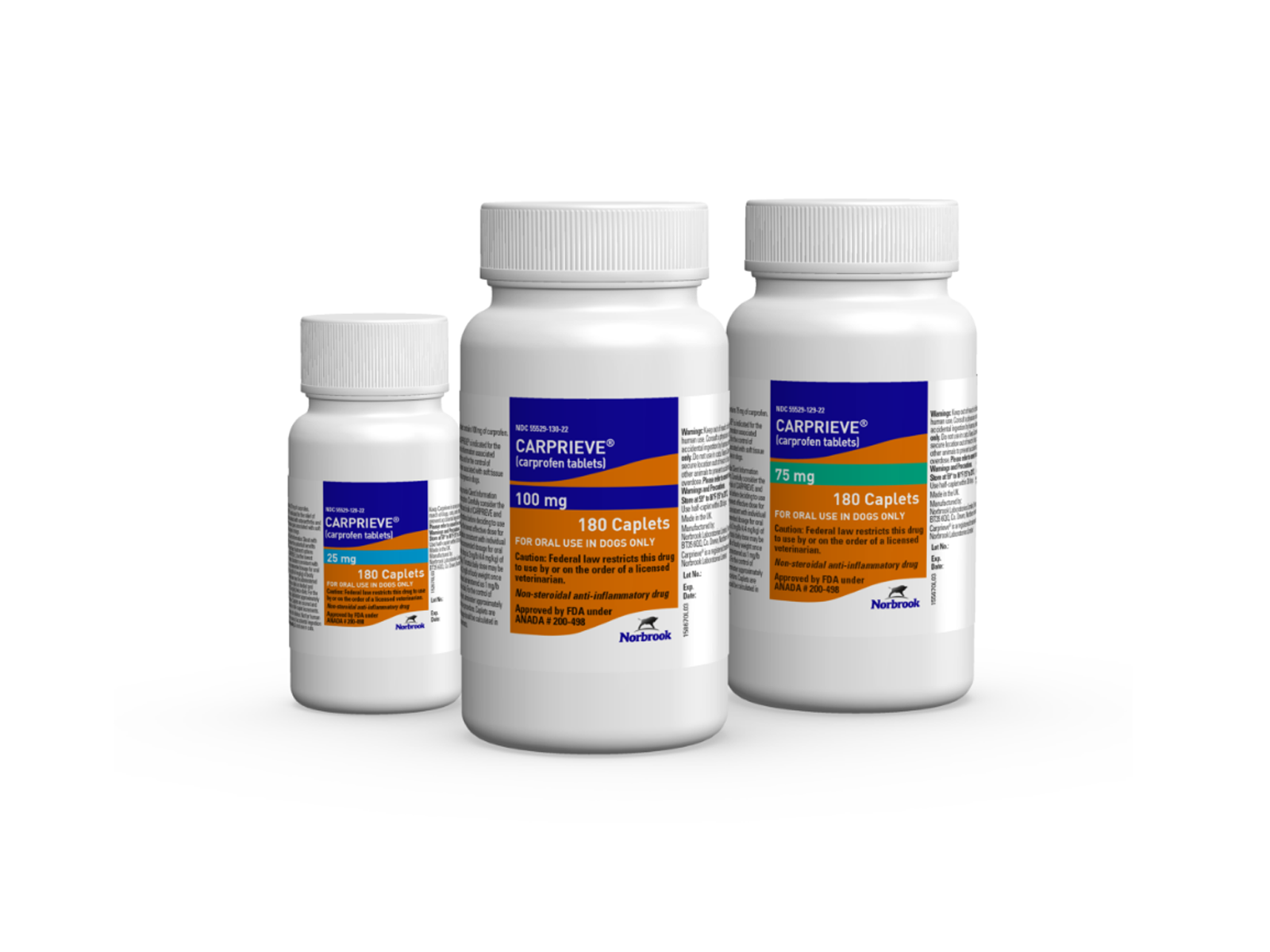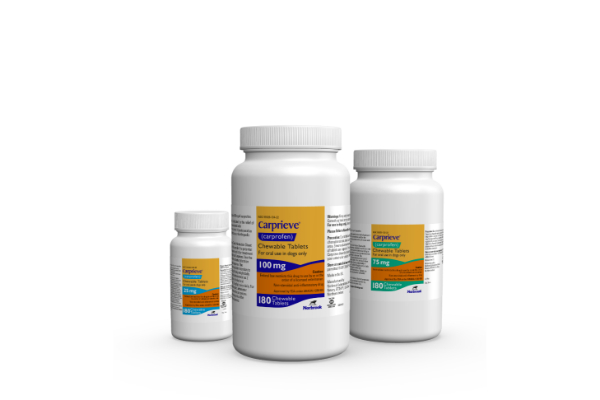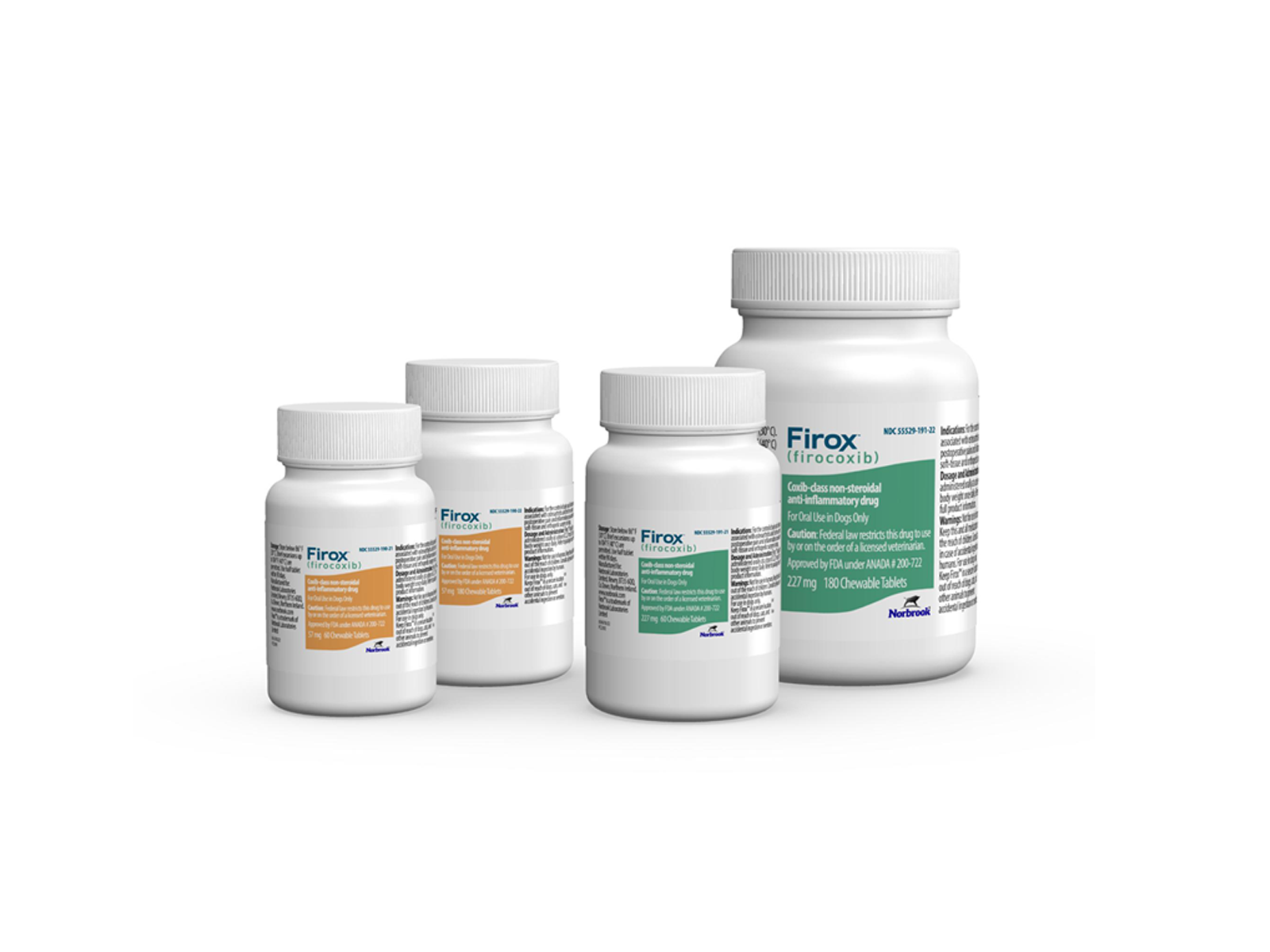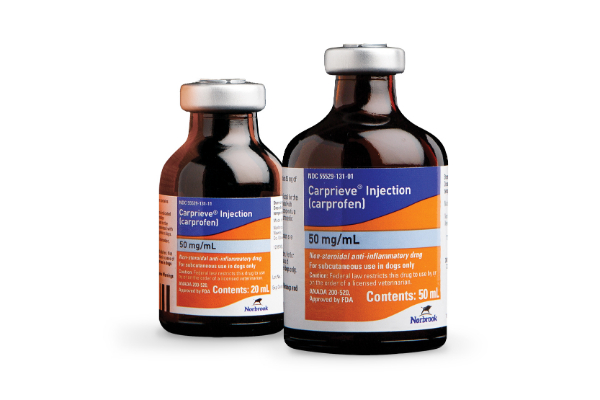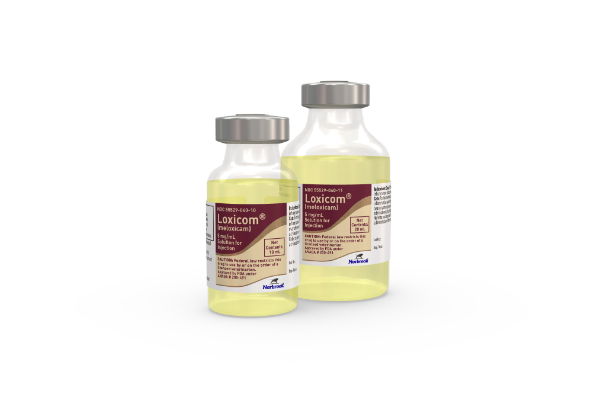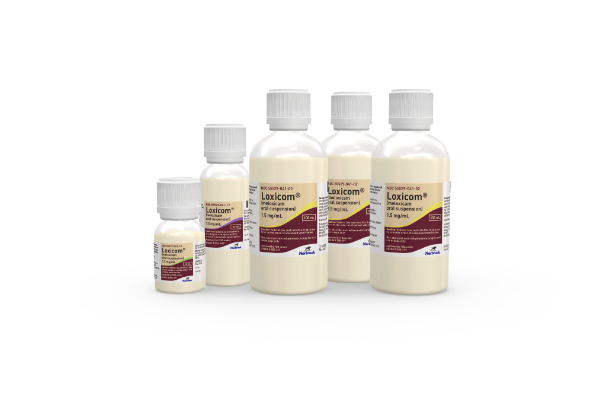
Arthritis in Dogs
What is Arthritis in Dogs?
Arthritis is a degenerative disease that affects the structure of a dog's entire joint, causing pain and inflammation. Over time, this can lead the joint to weaken and become less stable.
Arthritis may also be referred to as Osteoarthritis (OA), or Degenerative Joint Disease (DJD).



Did you Know that Arthritis is the Most Common Cause of Pain in Dogs?
Arthritis in people is often considered an age-related condition and many people assume this is true in dogs as well. However, there are many causes of canine arthritis and it can be found in both young and old dogs.
Did you know?
-
1 in 5 dogs in North America over the age of one are affected by the disease1
-
According to Dr. Lascelles, a professor of veterinary surgery and pain management, "osteoarthritis is a young dog's disease2
Understanding Canine Arthritis
Learn more about the disease, causes, signs, and treatment options.

References:
1. Anderson KL, Zulch H, O’Neill DG, et al. Risk Factors for Canine Osteoarthritis and Its Predisposing Arthropathies: A Systematic Review. Frontiers in Veterinary Science 2020;7:220.
2. Lascelles, D. Getting ahead of osteoarthritis in pets, 2020 AVMA Virtual Convention. August 2020.
Safety Information
Carprieve® (carprofen tablets) Caplets
Observe label directions. For oral use in dogs only. Do not use in cats. As with other NSAIDs, rare but serious side effects involving the digestive system, kidneys or liver may occur. Such signs may include appetite loss, vomiting and diarrhea. Some of these side effects, in rare instances, may be serious, resulting in hospitalization or even death. Regular monitoring is required for pets on medication. Pet owners should be advised to discontinue treatment if side effects occur and contact their veterinarian. See product labeling here for full product information.
Carprieve® (carprofen) Chewable Tablets
IMPORTANT SAFETY INFORMATION: As a class, NSAIDs may be associated with gastrointestinal, kidney and liver side effects. These are usually mild, but may be serious. Dog owners should discontinue therapy and contact their veterinarian immediately if side effects occur. Evaluation for pre-existing conditions and regular monitoring are recommended for dogs on any medication, including Carprieve®. Use with other NSAIDs or corticosteroids should be avoided. See full product labeling here for full product information.
Carprieve® Injection (carprofen)
Observe label directions. For subcutaneous use in dogs only. Do not use in cats. As with other NSAIDs, rare but serious side effects involving the digestive system, kidneys or liver may occur. Such signs may be serious, resulting in hospitalization or even death. Regular monitoring is required for pets on medication. Pet owners should be advised to discontinue use if side effects occur and contact their veterinarian. See product labeling here for full product information.
Firox® (firocoxib) Chewable Tablets
IMPORTANT SAFETY INFORMATION: FIROX (firocoxib) Chewable Tablets are for use in dogs only. As a class, cyclooxygenase inhibitory NSAIDs like FIROX may be associated with gastrointestinal, kidney, or liver side effects. Dogs should be evaluated for pre-existing conditions and currently prescribed medications prior to treatment with FIROX, then monitored regularly while on therapy. Concurrent use with another NSAID, corticosteroid, or nephrotoxic medication should be avoided or monitored closely. For more information, please see full prescribing information here.
Loxicom® (meloxicam oral suspension) 1.5 mg/mL
Observe label directions. Do not use Loxicom® Oral Suspension in cats. Acute renal failure and death have been associated with the use of meloxicam in cats. As with any medication, side effects may occur. These are usually mild, but may be serious. The most common side effects reported in field studies were vomiting, soft stool/diarrhea and decreased appetite. If side effects occur, discontinue treatment immediately and consult a veterinarian. Dogs should be evaluated for pre-existing medical conditions prior to treatment and monitored during therapy. See product labeling here for full product, safety, and adverse event reporting information.
Loxicom® (meloxicam) 5 mg/mL Solution for Injection
|
Warning: Repeated use of meloxicam in cats has been associated with acute renal failure and death. Do not administer additional injectable or oral meloxicam to cats. See the Contraindications, Warnings and Precautions section of the package insert for detailed information. |
Loxicom® (meloxicam) Solution for Injection 5 mg/mL is a non-steroidal anti-inflammatory drug for use by or on the order of a licensed veterinarian. As with other NSAID-class medications, signs of meloxicam intolerance may include appetite loss, vomiting and diarrhea, which could indicate side effects involving the digestive tract, liver or kidneys. Some of these side effects may occur without warning and, in rare situations may be serious, resulting in hospitalization or even death. Observe the dog or cat for signs of potential drug toxicity. If these signs occur, discontinue meloxicam therapy and contact a veterinarian immediately. Loxicom® should be administered to cats only via the subcutaneous (SQ) route. Do not use intravenously (IV) in cats. Concomitant use with other anti-inflammatory drugs, such as NSAIDs or corticosteroids, should be avoided. Do not administer a second dose of meloxicam to cats. Do not follow the single, one-time dose of meloxicam with any other NSAID or with meloxicam oral suspension in cats. Do not use meloxicam in cats with pre-existing renal dysfunction. Refer to the product insert here for additional safety information (including warnings, precautions and contraindications) and full directions for use.
The Norbrook logo, Carprieve, Firox and Loxicom are registered trademarks of Norbrook Laboratories Limited.
006-25-137



